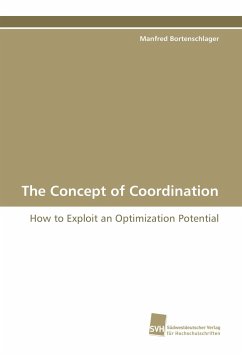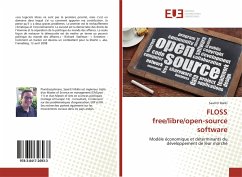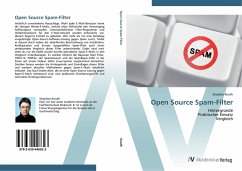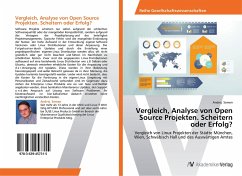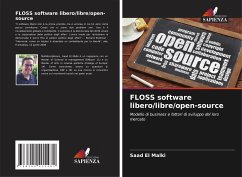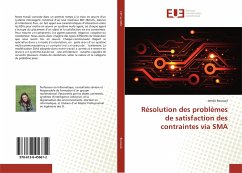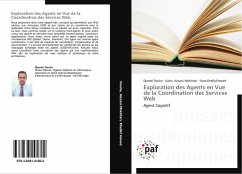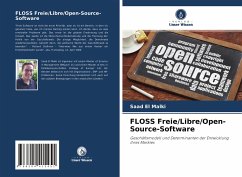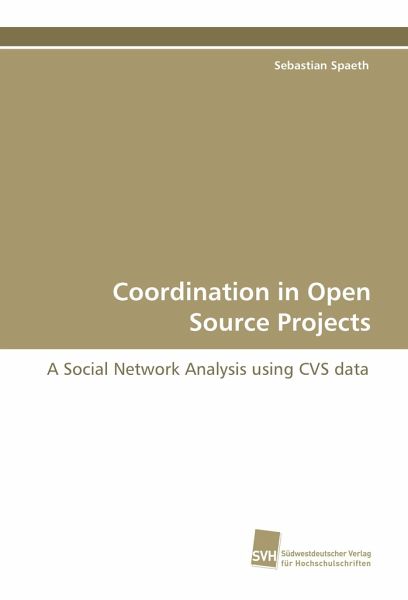
Coordination in Open Source Projects
A Social Network Analysis using CVS data
Versandkostenfrei!
Versandfertig in 6-10 Tagen
79,90 €
inkl. MwSt.

PAYBACK Punkte
0 °P sammeln!
Limited to a strict interpretation of its definition, open source consists of a set of rules which apply to a piece of software and which specify how the software and derivatives of it may be used. However, it is widely seen as much more than a simple licensing agreement, it is a "philoshophy", a "production model", a "way of organizing projects", or even "a new innovation model". But how are open source projects organized and how is work coordinated and distributed between its developers? This work contributes by examining actual source code changes, comparing 29 projects. Which developers co...
Limited to a strict interpretation of its definition, open source consists of a set of rules which apply to a piece of software and which specify how the software and derivatives of it may be used. However, it is widely seen as much more than a simple licensing agreement, it is a "philoshophy", a "production model", a "way of organizing projects", or even "a new innovation model". But how are open source projects organized and how is work coordinated and distributed between its developers? This work contributes by examining actual source code changes, comparing 29 projects. Which developers collaborate in the same files and wich work exclusively in their own domain? Looking for patterns across projects, this work attempts to identify coordination styles in open source projects.



